Undergoing a root canal can feel daunting, but it’s often the key to saving your tooth and relieving pain. Once you've made it through this pivotal dental procedure, there’s another important step waiting for you: getting a dental crown. While you might be eager to get back to your routine, understanding why dental crowns are essential following root canal treatment in Colorado Springs, CO, will help ensure the long-term health of your smile. Let’s dive into what makes these protective caps so vital for maintaining your oral well-being and keeping that grin shining bright!
What is a Root Canal?
A root canal is a dental procedure aimed at treating infection or damage within the tooth's pulp. This internal area houses nerves, blood vessels, and connective tissue. When bacteria invade this space due to decay or injury, pain and swelling can occur.
During the treatment, a dentist carefully removes the infected pulp. After cleaning and disinfecting the cavity, they fill it with a biocompatible material to seal it off from further infection.
Many people fear root canals due to misconceptions about pain; however, modern techniques ensure that patients experience minimal discomfort. With proper care afterward, teeth treated with root canals can last many years.
Understanding this process is crucial for anyone considering Root Canal Treatment in Colorado Springs, CO. It not only alleviates pain but also preserves natural teeth that might otherwise need extraction.
The Importance of a Dental Crown after a Root Canal
After a root canal, the treated tooth often becomes fragile and susceptible to fractures. This is where a dental crown comes into play. It acts as a protective barrier, shielding the weakened structure from further damage.
A crown restores the tooth's strength and functionality. Without it, even everyday activities like chewing can put undue stress on the affected area. The risk of reinfection also increases without proper coverage.
Moreover, crowns help maintain your smile’s natural appearance. They are designed to blend seamlessly with surrounding teeth, ensuring aesthetics aren’t compromised after treatment.
Investing in a dental crown post-root canal not only supports oral health but also enhances confidence in your smile for years to come. Prioritizing this step is essential for lasting success following root canal treatment in Colorado Springs, CO.
Different Types of Dental Crowns
When it comes to dental crowns, variety is key. Each type serves a unique purpose and offers specific benefits.
- Porcelain crowns are popular for their natural appearance. They blend seamlessly with surrounding teeth, making them an excellent choice for front teeth restoration.
- Metal crowns, on the other hand, provide exceptional strength and durability. They’re ideal for back teeth where pressure from chewing is greatest.
- Resin crowns offer a middle ground. These materials are less expensive than porcelain but can wear down more quickly.
- Ceramic crowns combine aesthetic appeal with resilience. They're suitable for both front and back teeth while resisting wear effectively.
- There are all-ceramic or all-porcelain options that deliver excellent visual results without sacrificing strength. Each type has its advantages depending on your needs and preferences in Root Canal Treatment in Colorado Springs, CO. Contact us to learn more.
How Do Dental Crowns Help with Long-Term Success?
Dental crowns play a pivotal role in maintaining the integrity of a tooth after root canal treatment. They serve as protective armor, shielding the vulnerable structure beneath.
After a root canal, teeth can become fragile and prone to fracture. A crown reinforces the tooth, providing strength and stability that natural enamel may lack at this stage.
Moreover, dental crowns restore functionality. Patients can bite and chew without fear of damaging their treated teeth. This encourages proper oral habits and prevents further complications down the line.
A well-fitted crown also enhances aesthetics. It blends seamlessly with your smile, boosting confidence while ensuring that you maintain your natural appearance.
By investing in a dental crown post-root canal, you’re prioritizing long-term success for both your oral health and overall wellbeing in Colorado Springs.
Conclusion
A root canal treatment is a crucial procedure for saving a tooth that has been severely damaged or infected. However, the journey does not end once the root canal is complete. The placement of a dental crown plays an essential role in ensuring the long-term success and health of your tooth.
Dental crowns act as protective covers, restoring both function and aesthetics. They help to prevent further damage while providing strength to what may be a compromised structure after treatment. Choosing the right type of dental crown can enhance durability and ensure that it blends seamlessly with your natural teeth.
For those seeking Root Canal Treatment in Colorado Springs, CO, understanding the significance of post-treatment care—especially regarding dental crowns—is vital. By opting for this restorative measure, patients can safeguard their investments in oral health and enjoy lasting results.
Taking proactive steps like these will lead to healthier smiles for years to come. Prioritize your dental care and secure your long-term oral wellness today!
With over 30 years of experience offering exceptional dental services to our community, at Cheyenne Mountain Dental Group, we are still continuing our journey, under the leadership of Dr. Stephen Davis along with Dr. Bill Bertsch. For more details and appointments, call us at (719) 576-3276, book online, or visit us directly at 3605 Star Ranch Rd, Colorado Springs, CO 80906.







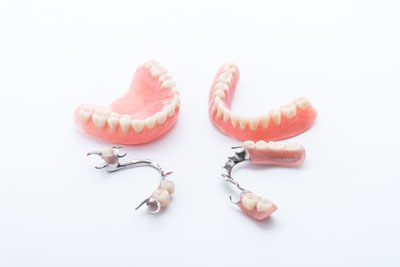

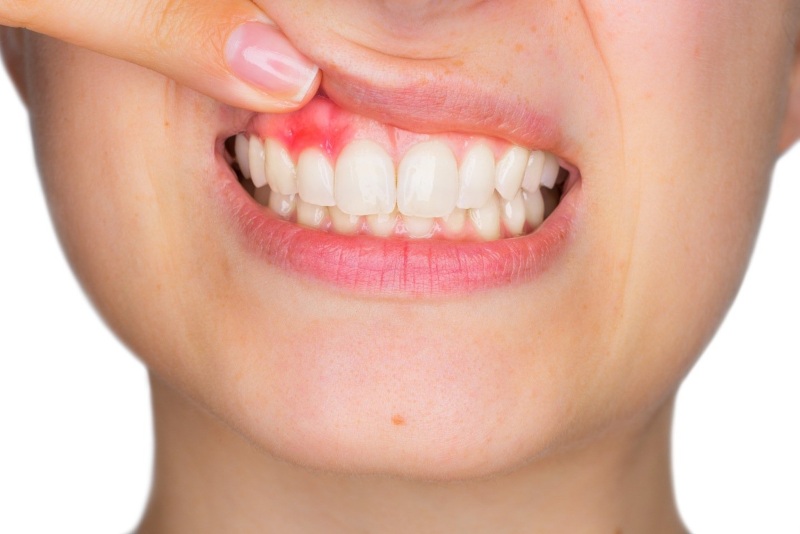
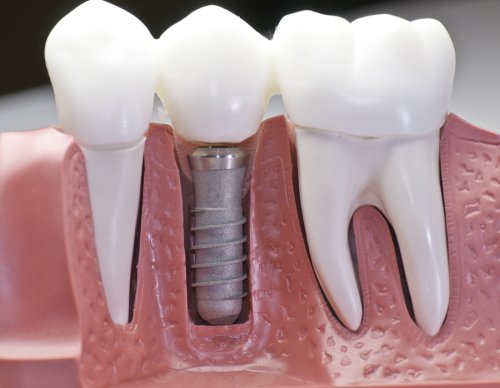
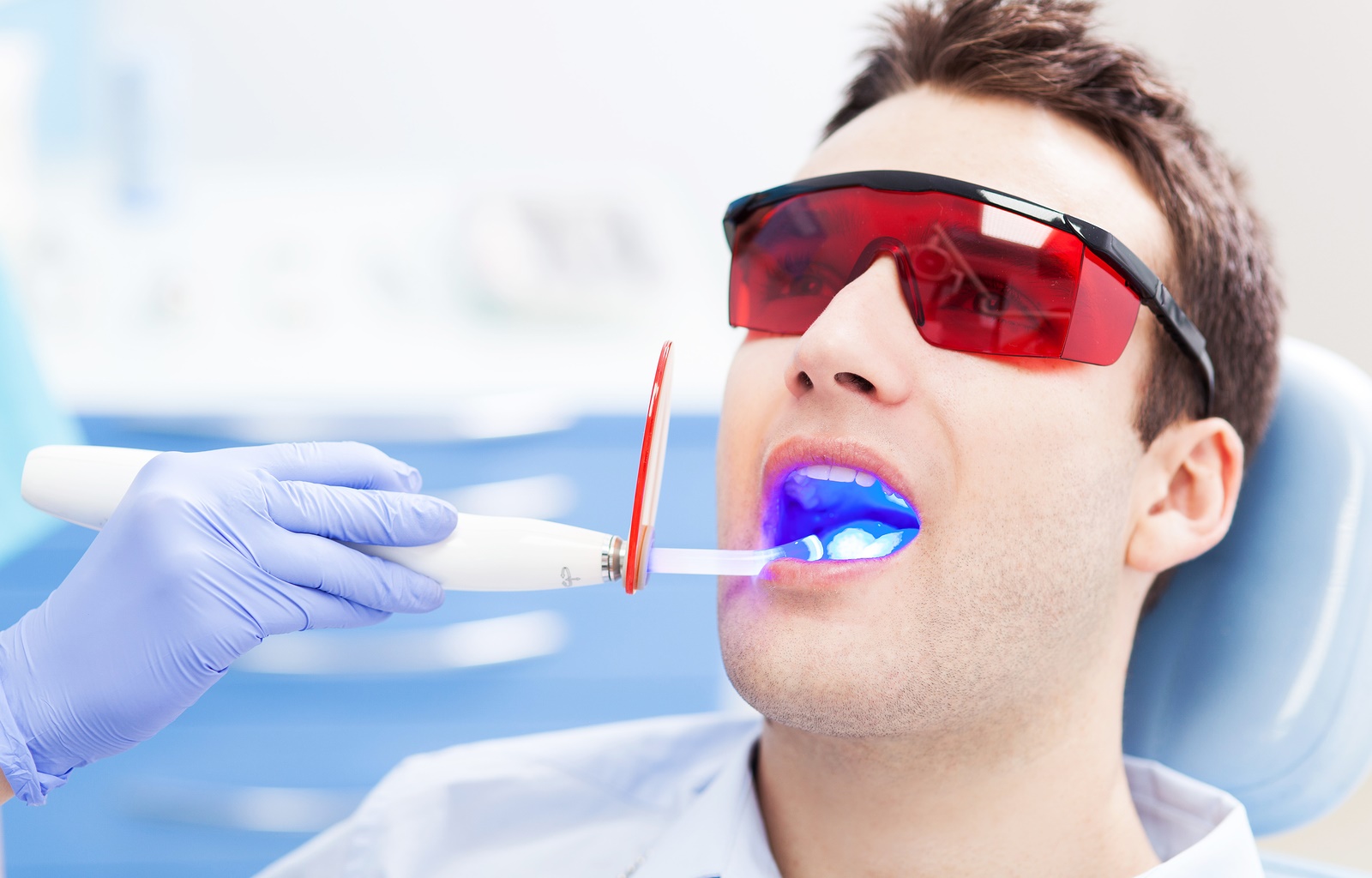
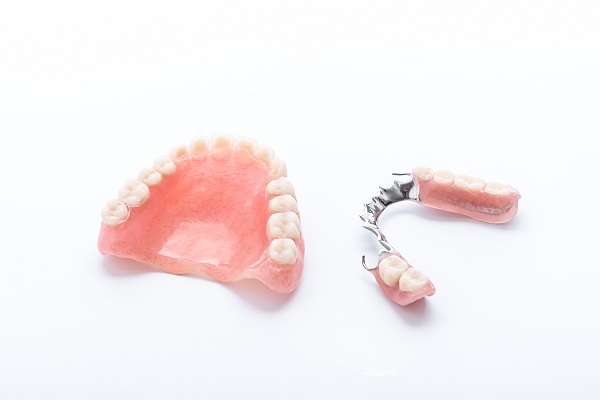
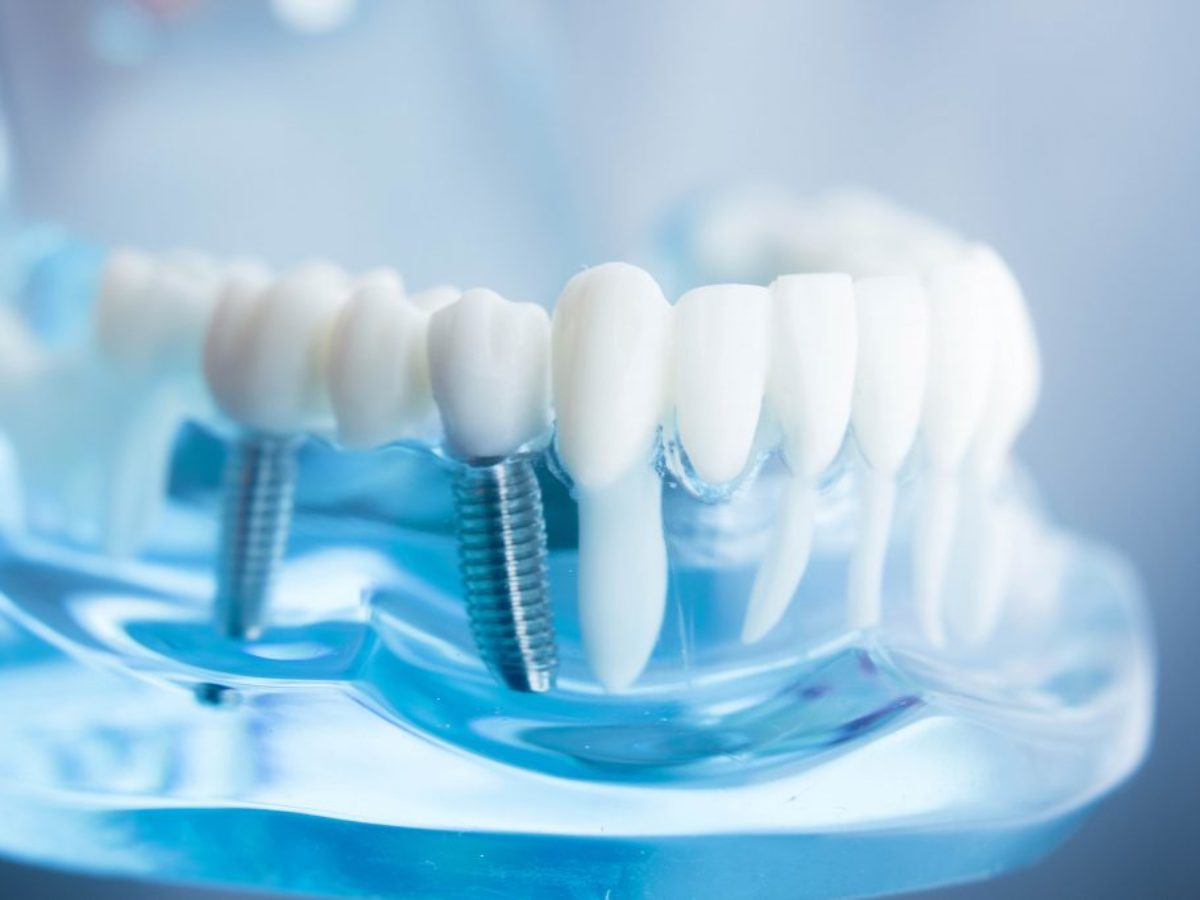
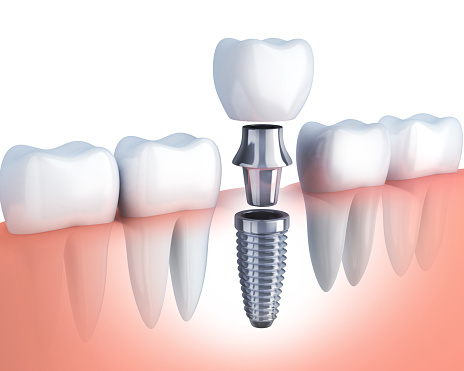
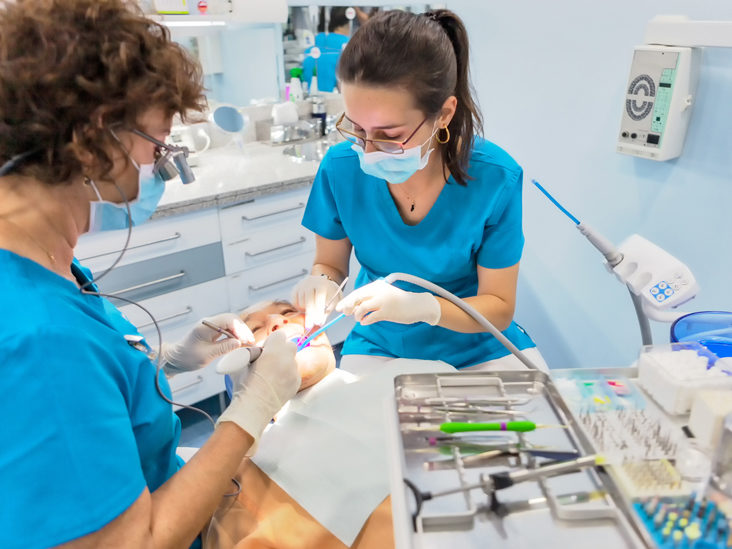

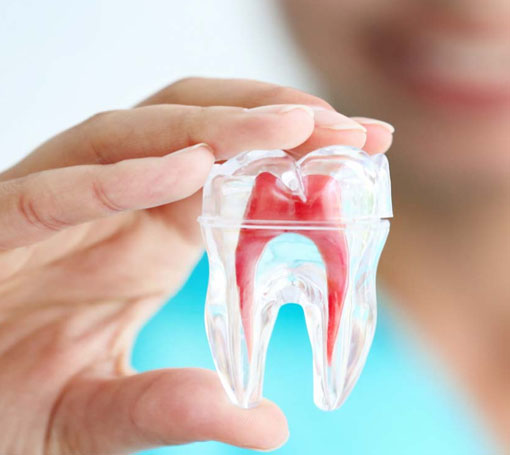
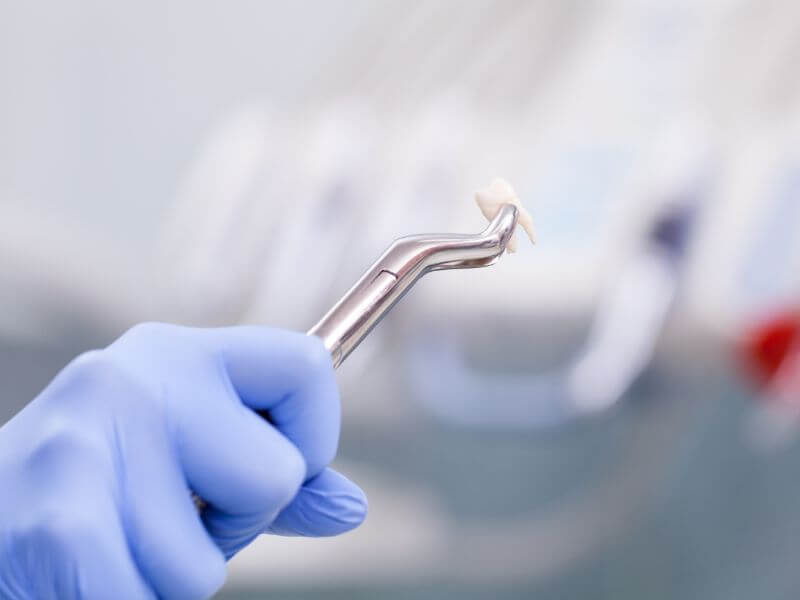



0 comments